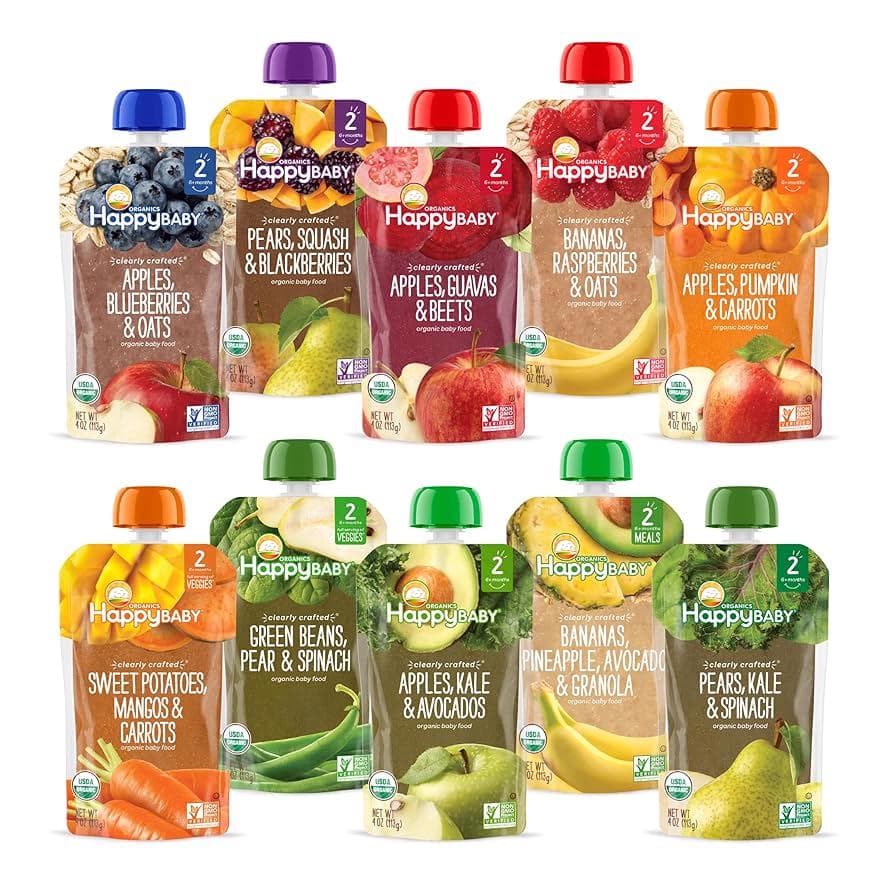

Understanding the impact of heavy metals on toddlers is crucial for any parent. These metals, such as lead, mercury, and aluminum, can be harmful to young children even in small amounts. The presence of these metals in a child's environment can lead to various health issues, making it essential to be proactive in managing exposure and promoting detoxification. Detoxifying your toddler from these metals can help improve their health, behavior, and development. In this guide, we will explore how to safely and effectively detox a toddler from heavy metals using natural methods. Our approach focuses on dietary choices, lifestyle adjustments, and environmental changes to minimize exposure and support the body's natural detox processes.
Heavy metals can enter a child's body through various sources including air pollution, contaminated water, certain foods, and household products. Industrial activities and traffic emissions contribute to environmental pollution, which can result in heavy metal exposure even in urban settings. Toddlers are particularly vulnerable because they are still growing and developing, and their natural detoxification systems are not fully matured. Their curious nature and tendency to put objects in their mouth increase the risk of ingesting contaminants.
Understanding the common sources of heavy metal exposure can help in taking preventive measures. Airborne particles from industrial areas or busy roads can settle on toys and surfaces, which toddlers might touch or ingest. Tap water, especially in older homes with lead pipes, can be a significant source of exposure. Furthermore, certain foods, especially those not grown organically, may contain heavy metals due to soil contamination. Household items like paints, ceramics, and even some toys may also contain harmful metals if not regulated.
Heavy metal toxicity in toddlers can manifest in various ways. Some common symptoms include:
If you suspect your toddler may be suffering from heavy metal toxicity, consulting a healthcare professional for testing and guidance is recommended. Early intervention can help mitigate long-term effects and support healthy development.
Detoxifying a toddler from heavy metals should always be approached with caution. It is important to prioritize safety and ensure that methods used do not disrupt the child's natural growth and development. Here are some natural methods to support your toddler's detoxification process:
A balanced diet plays a crucial role in detoxification. Certain foods can help remove heavy metals from the body:
Mercury is a common heavy metal that can be detoxified naturally. Foods that help with mercury detox include:
Supplements can be beneficial, but they should be used under professional guidance to ensure safety and efficacy:
Herbs can also play a role in detoxification, supporting the body's natural processes:

Reducing exposure to heavy metals is an essential part of the detox process. By minimizing sources of exposure, you can help prevent the accumulation of heavy metals in your toddler's body. Here are some tips to create a safer environment for your toddler:
Consider using tools designed to assist in detoxification and support the body's natural processes:
Detoxification is an ongoing process. Regular monitoring and maintenance can help ensure that your toddler remains healthy and continues to develop normally. Here are some ways to ensure continued support for your toddler:
Regular visits to a healthcare professional can help monitor your toddler's progress and make necessary adjustments to their detox plan. These check-ups can include tests to measure heavy metal levels and assess overall health.
Maintain a diet rich in detoxifying foods and continue to support your toddler's detox processes with healthy choices. Consistent nutrition not only aids in detoxification but also supports growth and development.
Ensuring your toddler drinks plenty of water is crucial for flushing out toxins and supporting kidney function. Adequate hydration helps maintain energy levels and supports all bodily functions.
Detoxifying your toddler from heavy metals requires a holistic approach that includes dietary changes, lifestyle adjustments, and possibly supplements. Always consult with a healthcare professional before starting any detox program to ensure it's safe and appropriate for your child's needs. By following these guidelines, you can help safeguard your toddler's health and support their natural development.
Remember, the key is to be patient and consistent as detoxification is a gradual process. By taking these steps, you're helping to ensure a healthier future for your toddler. Promoting a safe environment and healthy habits will not only assist in detoxification but also contribute to their overall well-being and long-term health.
Instant Barcode Scane
Allergen Detection
Clear Ingredient Insights
Get Personalized Suggestions

Discover everything you need to know about Happy Baby Pouches: A Parent's Guide to ensuring safe and nutritious choices amidst heavy metals concerns.
Sep 25, 2025
Is sesame oil a seed oil? Yes — but not all seed oils are harmful. Learn why sesame oil is different from the “Hateful Eight” and discover the best sesame oil substitutes like oliv...
Sep 25, 2025Always.
We never monetize through brand deals, affiliate links, or ads — so you can trust our recommendations are always aligned with our users.
Effortless food scanning
Peace of mind for parents
Healthy product recommendations